News
Oct 18 2024
Shaping Our Future
Cecilia PEI
In today's digital landscape, young people have to navigate a rapidly evolving environment that presents both opportunities and challenges. While technology enhances our lives, it also poses significant risks to adolescent mental health and their daily experiences. As part of a wave of commemorative 20th anniversary events, BCIS recently hosted its fifth forum in its "Shaping Our Future" series, titled "Tech, Talk, & Tough Choices: Should We Ban Digital Devices to Protect Teen Mental Health?" Moderated by Head of School Mr. Tom Egerton, the event featured insightful contributions from our student panelists Anna (G12), Vickey (G10), and Margaret (G8), along with industry experts Hu Jiaqi (Tony), Director at Tencent Investment, clinical psychologist Shum Pei San from Learning Frontier, and BCIS Middle School counselor Karina.
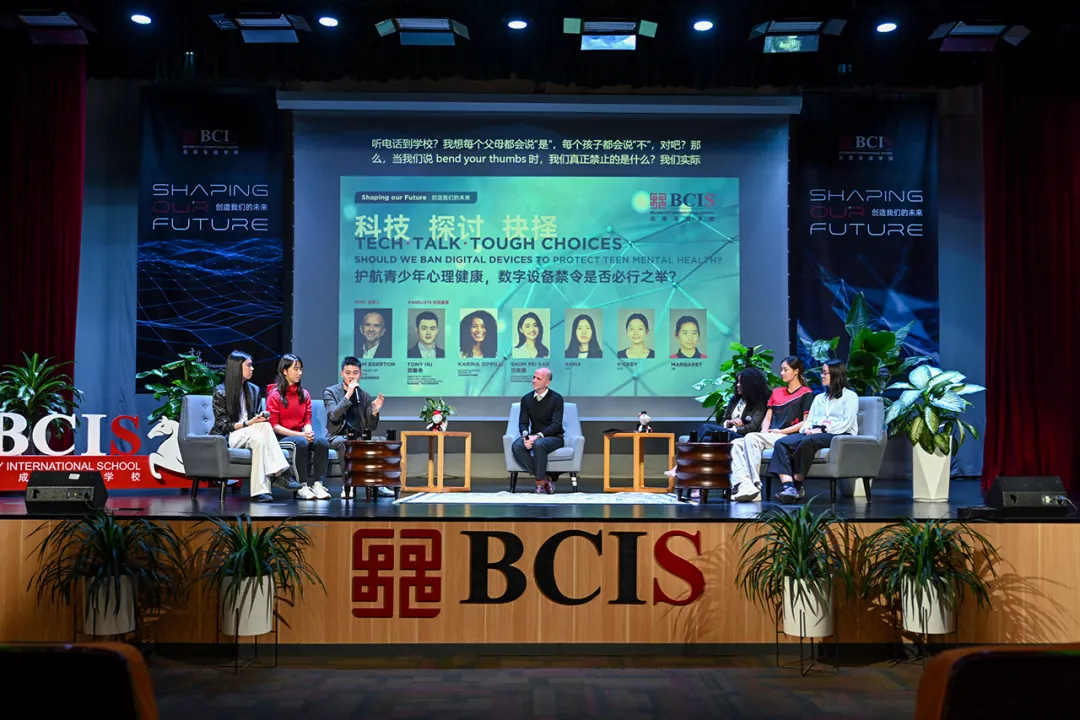
The forum served as a platform to address pressing issues within the digital world and how it affects young people. With the increasing allure of social media and online gaming, many adolescents struggle with attention deficit and time management issues, with the pervasive culture of over-sharing on social media intensifying feelings of social pressure and anxiety. Vickey and Margaret provided valuable insights from their generational perspective, while Anna shared her interest and exploration into neuroscience, discussing dopamine and the brain's reward systems, particularly concerning gaming addiction. Counselor Karina added her observations, emphasizing various mental health challenges she has witnessed in her work with students, underscoring BCIS's awareness and significance placed on adolescent well-being.
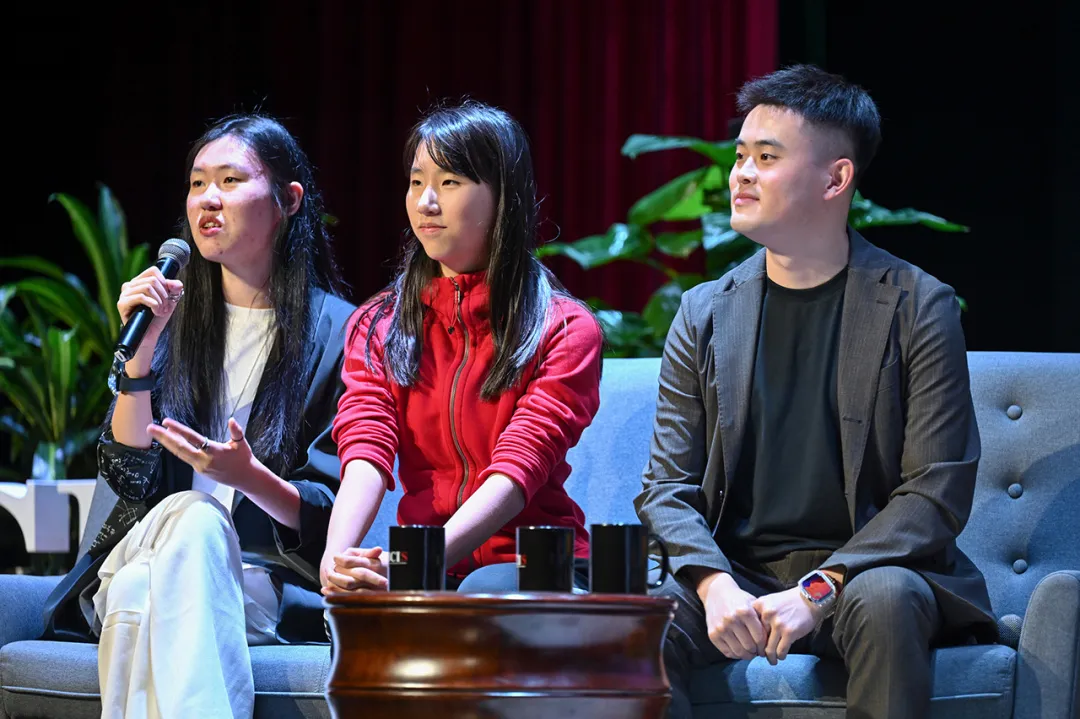
Clinical psychologist Shum Pei San offered a professional viewpoint on mental health, explaining how excessive screen time can diminish social engagement and increase emotional distress. She discussed the behavioral and psychological traits often seen in individuals struggling with gaming addiction, noting that adolescence is a critical period for the formation of self-identity, during which young people may grapple with self-esteem, loneliness, and anxiety issues in social contexts. Pei San highlighted that children's behaviors and emotions often mask deeper, underlying issues that warrant exploration.
The open and thought-provoking discussions among the forum's guests illuminated the mental health challenges adolescents face in the digital landscape, prompting the audience to engage in meaningful conversations on these crucial issues.
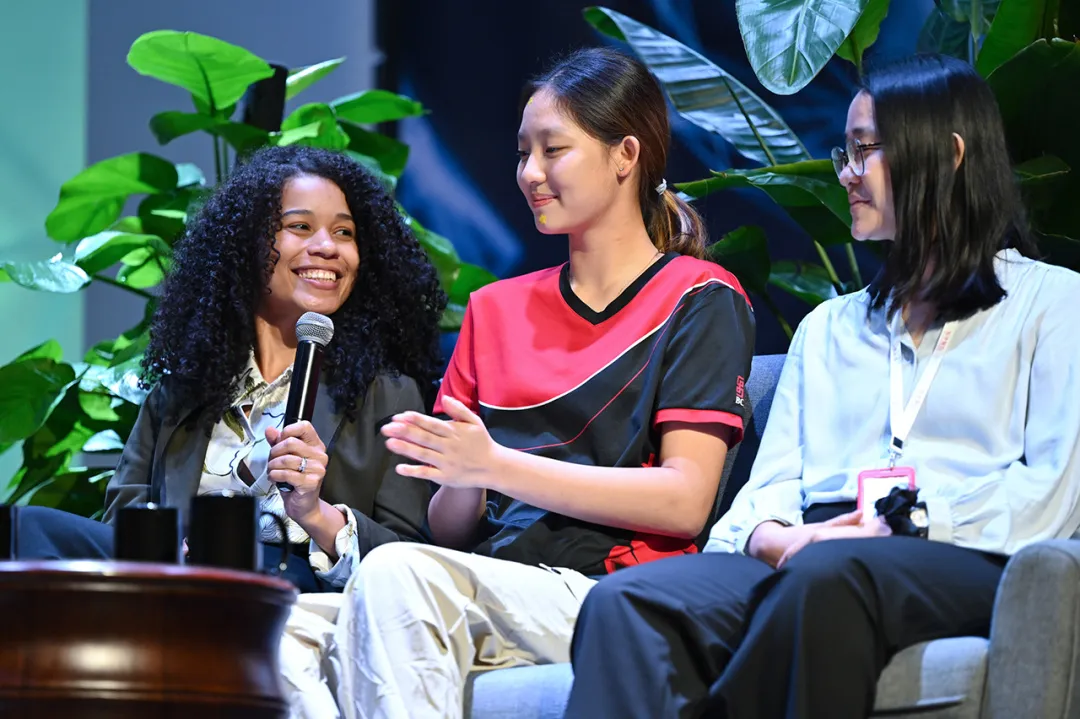
Tony Hu, as Tencent's director, addressed the common concerns surrounding the "ban on phones," emphasizing the potential negative impacts of digital devices' entertainment and social functions. He noted that while addictive games and short videos encouraging consumerism exist, many engaging and educational products are also available online. Fostering discernment and critical thinking skills is essential in navigating this challenge. Tony also outlined Tencent's initiatives under their "Tech for Social Good" program, such as systems designed to prevent addiction among minors and public welfare projects aimed at improving living conditions in remote areas. He believes technology can empower the next generation to be smarter and healthier, which drives his commitment to the tech industry.
Karina shared BCIS' strategies for responsible electronic device usage, highlighting the importance of family responsibility and parental modeling. She called for collaboration between home and school to ensure children remain focused on their studies while using technology. Suggestions included setting appropriate age limits for device usage and encouraging parents to reflect on the necessity of providing technological support to their children. BCIS also promotes effective device management through awareness initiatives, mental health resources, the establishment of device-free zones, and guidelines for responsible technology use.
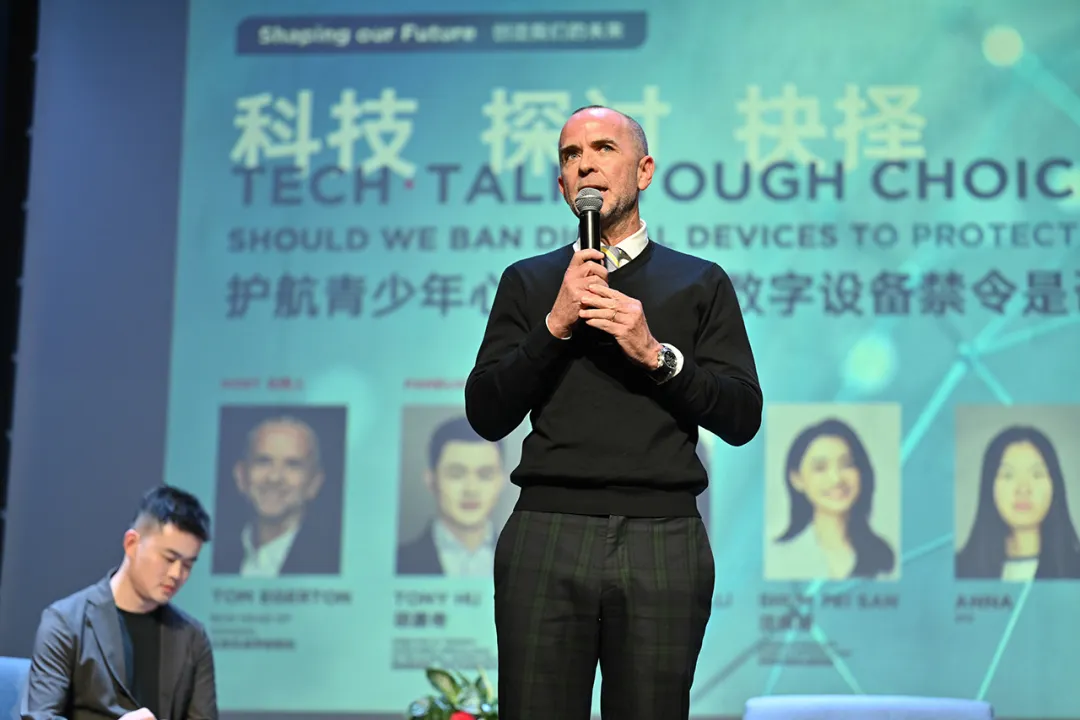
Throughout the course of the conversation, student guests shared their experiences as well. Anna from Grade 12 told the crowd, “Technology is a useful servant but a dangerous master.” She encouraged everyone to make technology work for them, asserting that it should only be used when needed. She emphasized the importance of knowing when to put the device down and when to utilize it for learning, creation, and socializing.
This "Shaping Our Future" forum was initiated by Steven, a 2024 graduate, who recognized that a lack of effective communication often leads to conflicts between parents and children over video games. Steven aimed to create a platform where experts could provide fresh perspectives and insights for students and parents concerned about gaming, fostering open dialogue and a comprehensive understanding of the impact of gaming and digital device usage on adolescents. Supported by the BCIS community, this forum served as a thoughtful parting gift from Steven to his junior peers and their families, featuring engaging speeches and sparking lively discussions among the audience. The inspiring ideas shared during these exchanges hopefully will influence future practices within the school, as members of our community, young and old, took away valuable lessons.
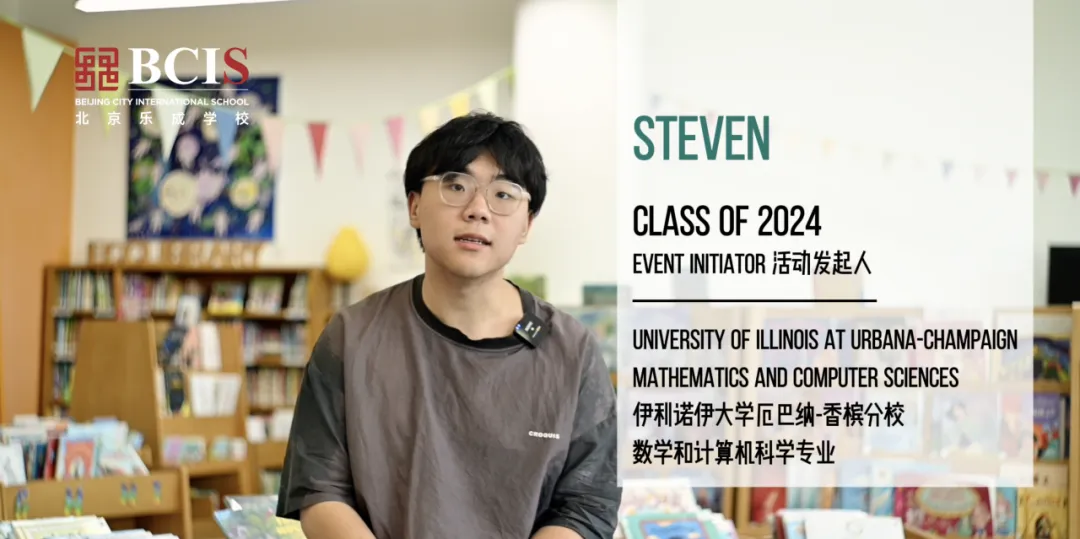
At BCIS, our top priority is safeguarding students' health and safety, particularly their social and emotional well-being. It’s not about banning technology; rather, we aim to embrace it more effectively. In his closing remarks, Head of School Mr. Egerton underscored BCIS' commitment to educational technology while addressing potential challenges. This semester’s Shaping Our Future forum concluded successfully, as the audience was left reflecting on the diversity of perspectives shared that night, what it means for them, and what actions they can take to better their own or their community’s situation. This series represents a sustained effort towards future-focused education, providing a platform for discussing forward-thinking issues and gathering collective wisdom to shape our future.




